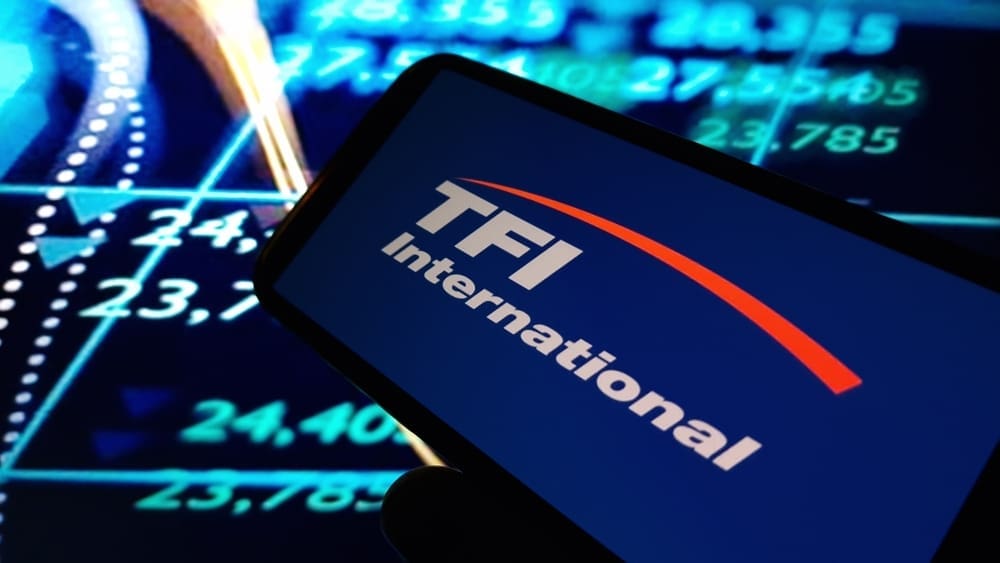Originally, TFI International aimed to shift its headquarters to the U.S., aligning with its operational presence, as approximately 70% of its activities are housed there post a series of strategic acquisitions. Among these acquisitions was the Texas-based Daseke Inc., a $1.1 billion deal in 2024, signaling TFI’s robust expansion in the U.S. market.
The plan to relocate was met with resistance from powerful stakeholders, notably the Caisse de Depot et Placement du Quebec, which holds a substantial share in TFI. The Caisse’s opposition underscores its mandate to bolster Quebec’s economic landscape, expressing that TFI’s move caught investors off guard.
Amidst these developments, TFI’s CEO, Alain Bedard, reassured stakeholders that the proposed shift was merely an ‘evolution’ to meet regulatory demands and would not disrupt the company’s day-to-day operations. He emphasized that TFI was not planning to physically move its workforce across borders, aiming to allay concerns about potential job relocations.
This controversy coincides with broader Canadian sentiment, which is increasingly wary of U.S. trade policies under President Trump. His administration’s tariffs and aggressive economic stances have spurred nationalistic fervor among Canadians, pushing them towards locally produced goods. This is further illustrated by Kraft Heinz’s recent Canadian advertising, highlighting local sourcing in response to a growing domestic consumer trend.
Moreover, TFI, recognized as North America’s fourth-largest for-hire carrier and fifth-largest less-than-truckload transporter, faced underwhelming earnings reports that fell short of market predictions when it revealed its relocation plans. CEO Bedard also noted potential advantages in aligning with U.S. stock index standards as a possible benefit of relocating, similar to Brookfield Asset Management’s move to New York.
The shareholder-driven reversal of TFI’s relocation decision reflects a pivotal moment for Canadian companies balancing expansion ambitions with home-front allegiances.
TFI International’s decision to halt its U.S. headquarters relocation underscores the growing influence of shareholder voices in corporate governance, especially in strategies involving cross-border implications.







